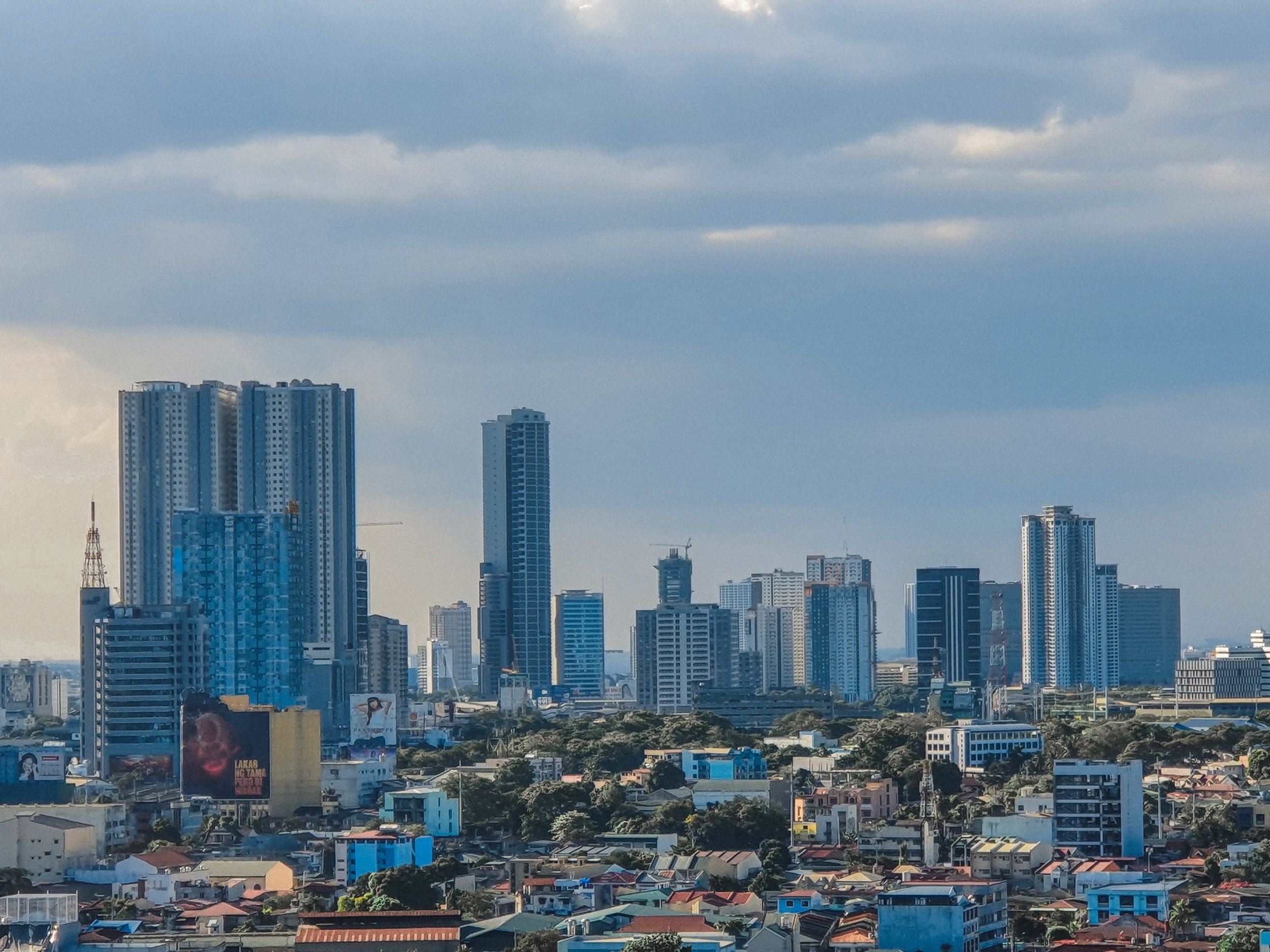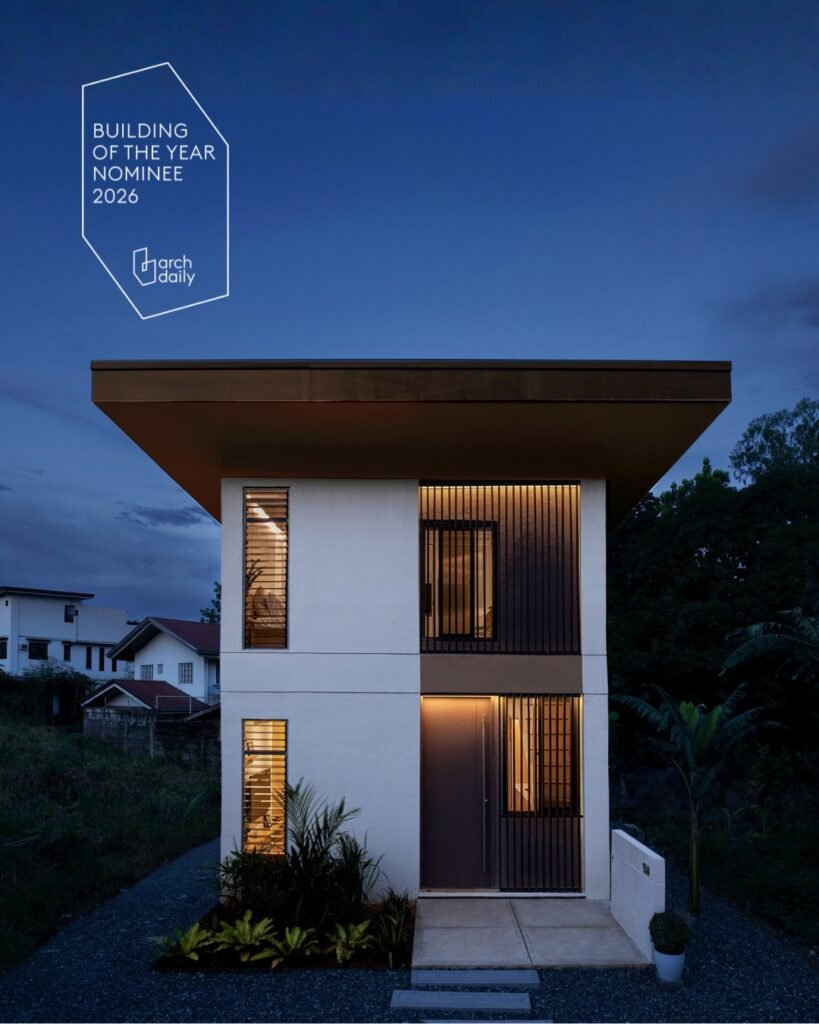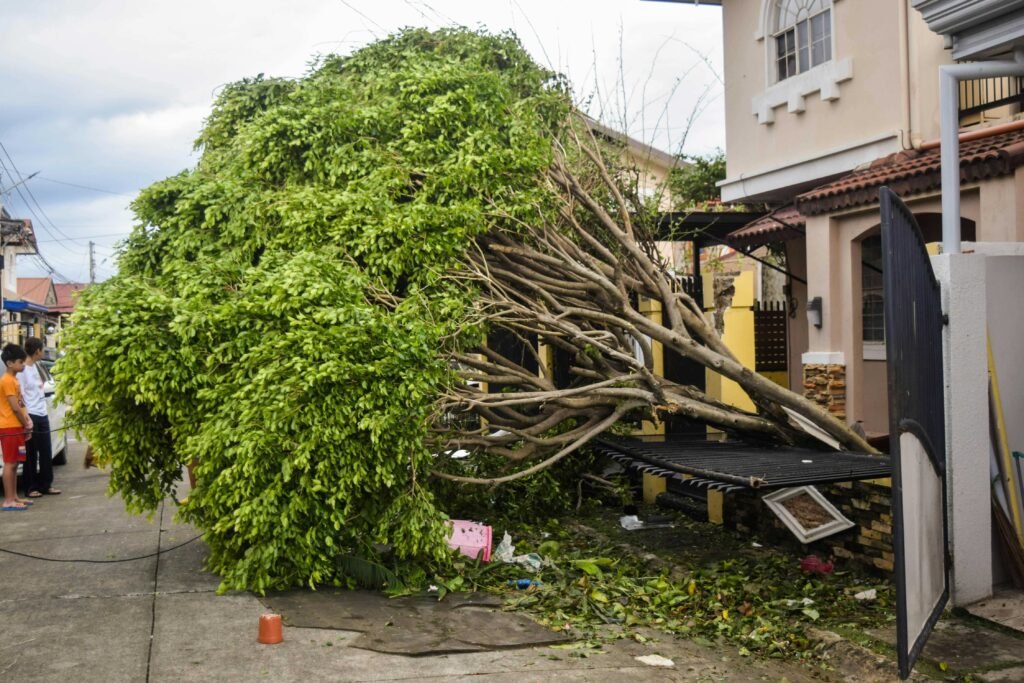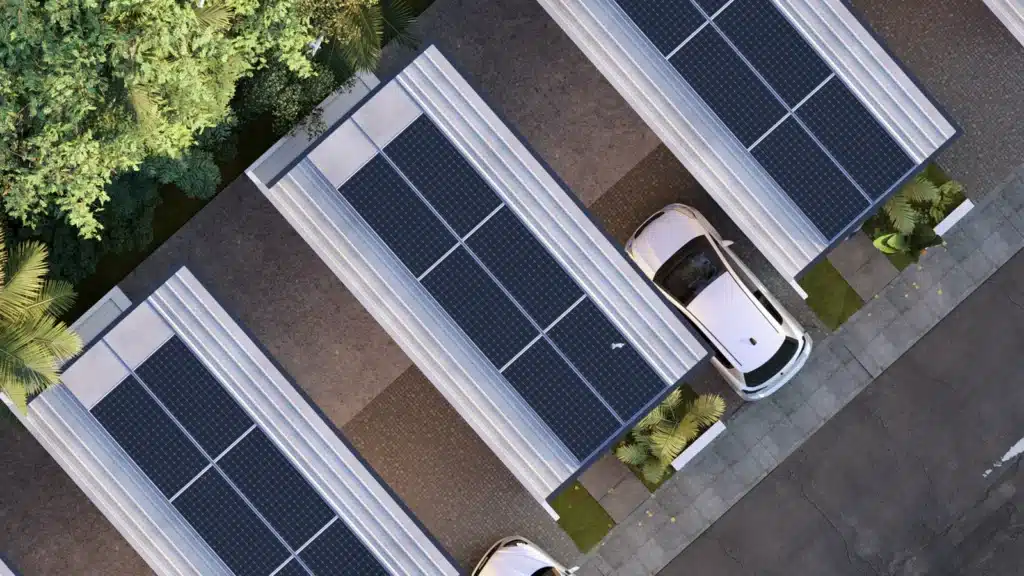Living sustainably in urban cities in the Philippines involves adopting eco-friendly practices, such as utilizing renewable energy sources, implementing efficient water management systems, and promoting public transportation, to create environmentally conscious urban environments.
PHOTO: Rey Melvin Caraan on Unsplash
The Philippines is facing a myriad of sustainability challenges as it grapples with the consequences of urbanization. With a significant portion of its population migrating to cities in search of better opportunities, the country has witnessed the rapid expansion of urban areas.
Balancing the demands of urban development with the need for sustainable practices has become a critical concern.
As urbanization accelerates, cities face numerous challenges, including resource depletion and environmental degradation. Sustainable living offers a holistic approach to addressing these issues. By adopting sustainable practices in areas such as energy consumption, water management, and transportation, urban dwellers can minimize their ecological footprint, and mitigate the negative impacts of urbanization.
Energy Efficiency in Urban Living in the Philippines
As an emerging economy, the Philippines has experienced a notable transition from agriculture to industrialization, relying heavily on conventional fossil fuels such as oil and gas to meet its baseload energy needs. However, in light of the prevailing global energy crisis and the imminent threat of climate change, there is a growing imperative for the adoption of environmentally friendly energy sources in the country.
With the rise in population density, the demand for power in the country escalates, leading to a concerning surge in pollution caused by energy generation. Greenhouse gas emissions from energy generation are recognized as significant contributors to environmental degradation.
Therefore, the challenge lies in developing an energy infrastructure that can simultaneously facilitate economic growth, enhance the quality of life, and drastically minimize the environmental impact of cities.
Aside from the usual energy-saving practices such as switching to LED lights and unplugging appliances which are not in use, one way to attain energy efficiency is through the use of renewable energy sources. By harnessing the power of photovoltaic (PV) panels, semiconducting materials can effectively convert solar energy into direct current electricity. In the Philippines, the Calatagan Solar Farm stands out as one of the country’s cutting-edge PV farm installations, boasting a capacity of 63.3 megawatts.
Water Conservation and Management
Other sustainable practices in urban cities are rainwater harvesting and greywater recycling. Rainwater harvesting systems are specifically engineered to gather and retain rainwater for diverse applications. In households across the Philippines, these systems present a number of advantages such as a reduction in dependence on traditional water sources and cost savings on water bills.
Another practice to conserve water is greywater recycling. It entails the process of treating and repurposing wastewater derived from sources such as sinks, showers, and laundry. Treated greywater can be employed for non-potable functions such as landscape irrigation, toilet flushing, and various other purposes, presenting an eco-friendly approach to water conservation.
Aside from rainwater harvesting and greywater recycling, you can conserve water in your urban homes through simple means such as checking for leaks in pipes, hoses, faucets, toilets, and couplings or replacing old equipment (like toilets, dishwashers, and laundry machines). At business or office, make sure to turn off faucets tightly after each use and fix any leaky faucets.
Sustainable Transportation in Urban Cities
Another aspect of living sustainably in an urban city is sustainable transportation. In numerous cities in the Philippines, public transportation is regrettably perceived as a less favorable choice compared to using private vehicles. To enhance the quality of our cities, it is imperative to modernize the transportation system so that the middle class will opt for public transit over personal cars. This shift will have a substantial impact, not only in reducing traffic congestion but also in mitigating air and noise pollution.
Presently, the United Nations Development Programme (UNDP) and the Philippines’ Department of Transportation (DOTr) are collaborating on a joint initiative known as the Promotion of Low Carbon Urban Transport Systems in the Philippines (LCT) Project. The LCT project engages various stakeholders, including national and local government entities, private sector organizations, and civil society, to establish an enabling environment for low-carbon transportation methods in the country.
Through the development of policies, capacity-building initiatives, and facilitation of private sector involvement, the project aims to promote sustainable public transport and encourage the transition towards active mobility.
Why We Should Embrace Sustainable Living
Embracing sustainable living is essential because it allows us to minimize our environmental impact. Additionally, it promotes economic resilience by fostering resource efficiency and reducing waste. It also enhances our well-being by promoting healthier lifestyles, improving air and water quality, and creating sustainable communities.
At BillionBricks, we aim to integrate sustainability into the lifestyle of the people. We can start by choosing to live in net-zero homes and communities.
To know more about us and our net-zero homes and communities, please email us at hello@billionbricks.org
Sources
-
Energy Development Corporation. (2022). Energy source for sustainable cities. Retrieved from https://www.energy.com.ph/2022/03/02/energy-source-for-sustainable-cities/
-
Sunstar. (2018). Impending crisis spurs greywater recycling, rainwater harvesting. Retrieved from https://www.sunstar.com.ph/article/428105/impending-crisis-spurs-greywater-recycling-rainwater-harvesting
-
Metro Bangued Water District. (n.d.). Water Conservation Tips. Retrieved from https://metrobanguedwd.gov.ph/biddings/
-
Miko Nacino. (2021). Making Sustainable Mobility Sustainable. Retrieved from https://www.undp.org/philippines/blog/making-sustainable-mobility-sustainable
-
Aboitiz Infra Capital. (2023). 9 strategies for enhancing the Philippines’ urban landscapes. Retrieved from https://aboitizinfracapital.com/strategies-for-enhancing-the-philippines-urban-landscapes/





